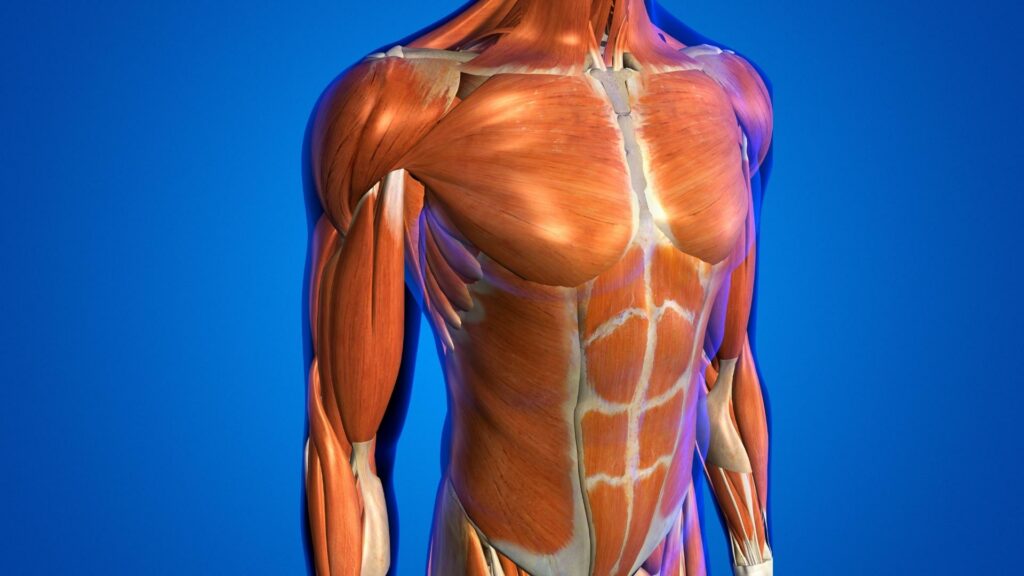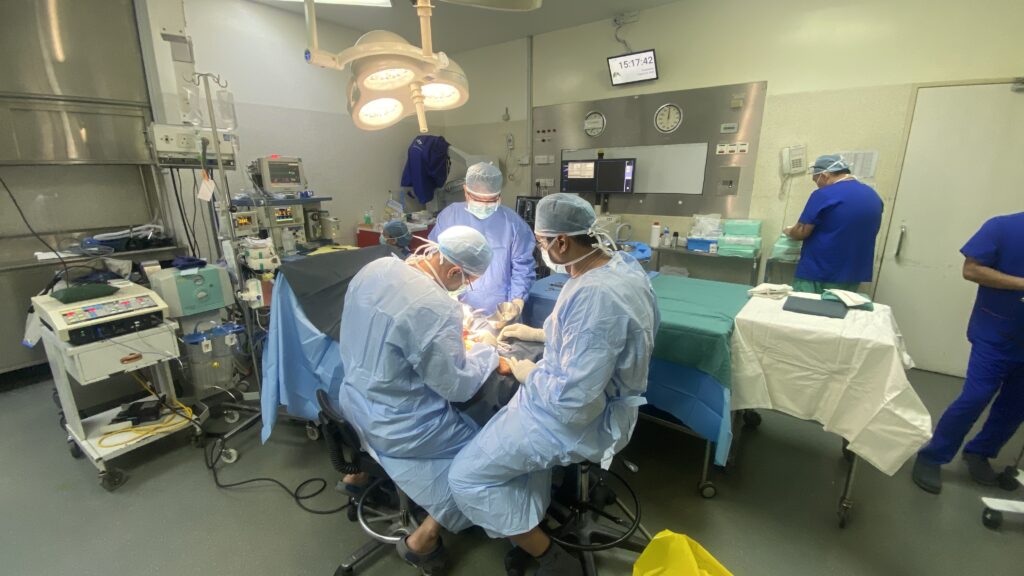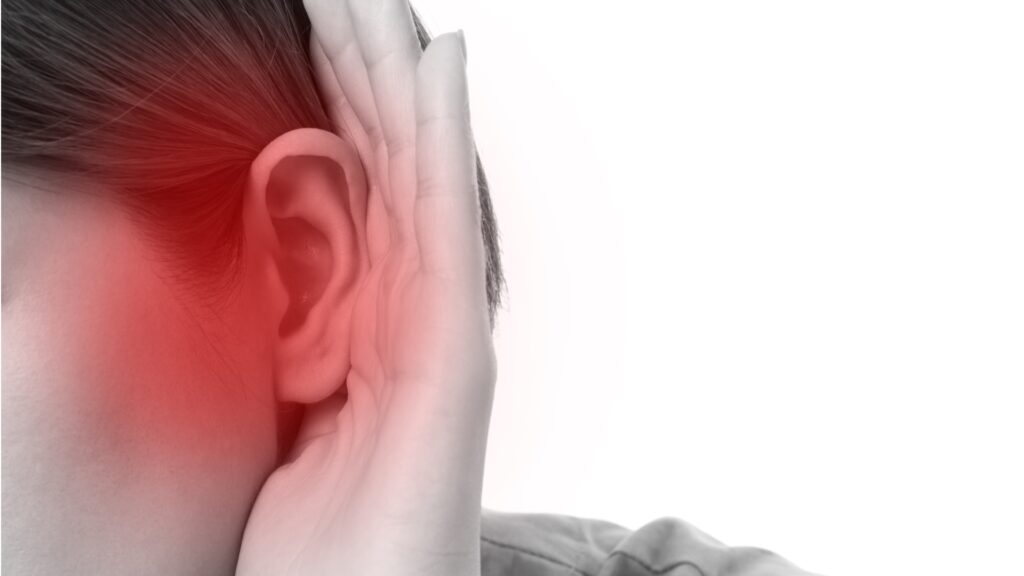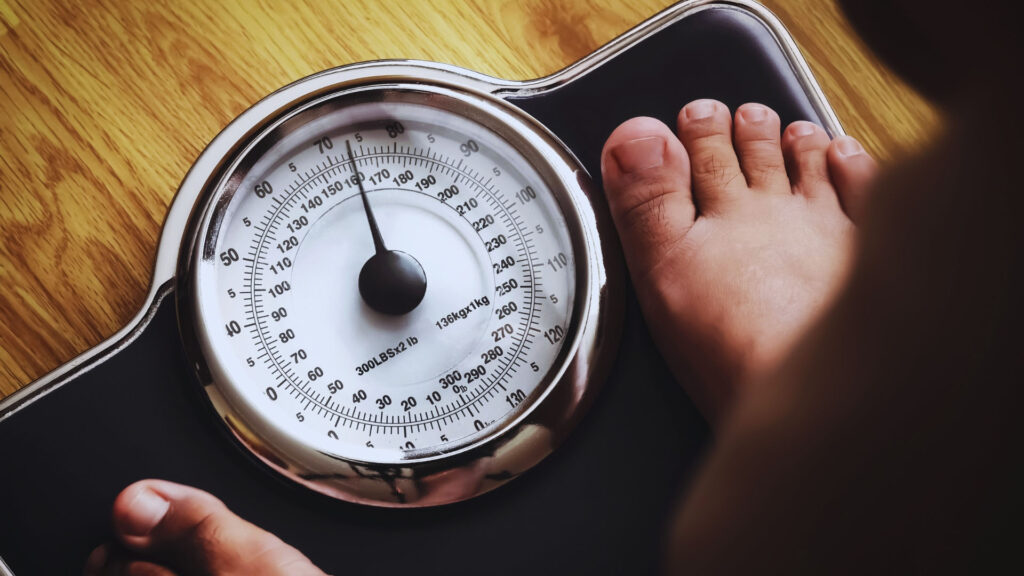There are more than 600 muscles in the human body. These muscles help us move, lift things, circulate blood through the body and breathe. Keeping our muscles healthy will enable us to walk, run, jump, lift things and play sports.
Why healthy muscles matter?
Healthy muscles let us move freely and keep our bodies strong. Strong muscles also help to keep our joints in good shape and keep our balance, so we are less likely to slip or fall. To maintain healthy muscles, it is important to get regular exercise and eat a nutritious, balanced diet.
Exercise
Developing muscles through exercise can improve balance, bone health, and flexibility, and it can enhance strength and stamina. There are two main types of exercise: aerobic and anaerobic.
Aerobic exercise

Aerobic exercise sessions are typically of long duration and require medium-to-low levels of exertion. This type of exercise requires the body to use the muscles at well below their maximum strength capacity, for example running a marathon.
Anaerobic exercise

During anaerobic exercise, the muscles contract intensely at a level nearer to their maximum strength. Examples include weightlifting, sprinting, climbing, and jumping rope.
Anaerobic exercises will make the body stronger, but aerobic exercises will make it fitter.
The recommended amount of muscle-strengthening exercises for the major muscle groups – the legs, hips, chest, abdomen, back, shoulders, and arms should be at least twice a week. You can strengthen the muscles by lifting weights, using a resistance band, or doing everyday chores, such as gardening or carrying groceries.
Eat a healthy diet

Eating a balanced diet will help to provide a variety of nutrients for muscles and overall health. A balanced diet:
- Emphasizes fruits, vegetables, whole grains and limited fat-free or low-fat dairy
- Includes protein from lean meats, beans, eggs, and nuts.
- Is low in saturated fats, cholesterol, salt (sodium), added sugars, and refined grains; as low as possible in trans fats.
Summary
Our body contains hundreds of muscles which play a role in helping the body move and function properly. Exercising, getting enough rest, and eating a balanced diet will help to keep our muscles healthy. Maintaining strength in the muscles is important for various factors, including balance, flexibility, and bone health.












